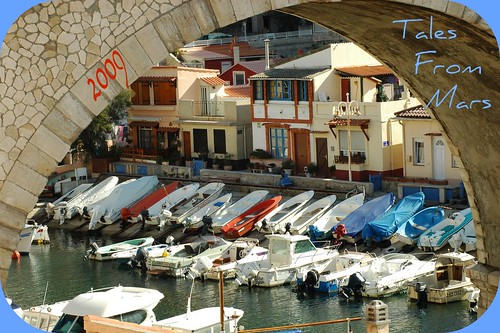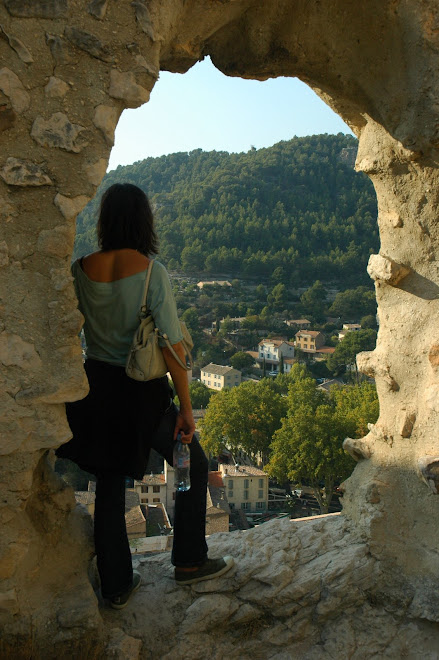Thursday, October 11, 2007
Pamuk's Passport Got Me Thinking
In 2001, a former professor was emptying his bookcases after a semester's last creative writing class. We all crammed in to his office like a pack of wolves, ravacious for new literature. I came home with twenty-some new books and some of which, to this day, I still haven't read. One of them was Orhan Pamuk's novel, The White Castle. His writing fascinated me from the start. Perhaps it had something to do with the fact that, then, I was writing short stories that similarly dealt with his motifs of East and West. In a pre-9/11 world, and thereafter, his writing gave color and texture to areas of grey. Now a well-known author in the U.S., his most recent piece from the New Yorker is "My First Passport." In a nutshell, thirty years after he went to Geneva as a young boy he was flipping through his first passport when he noticed that the description of his eye color was wrong. Pamuk writes, "What this taught me was that, contrary to what I’d believed, a passport is not a document that tells us who we are but a document that shows what other people think of us." Interesting. I received my first passport in 1999 when I moved to Rome, Italy, to study for a semester. The picture is terrible but that passport bears the stamps of numerous countries and a plethora of memories. And on one particular occassion my identity was inseperable from it. A friend and I were taking a train from Rome to Budapest, a 22-hour trip that sliced through corners of Croatia and Slovenia. In the middle of the night armed guards barged into our cabin demanding money (for border fees). We only understand they want us to pay but we don't have enough money and this wasn't the time of portable credit card machines. But one look at our American passports and they left us alone while the other passengers had no choice. America's global image has changed and we're no longer given such red-carpet treatment but in that moment I was exposed to the perception of an outsider and what he thought of me, as an American not as a person or woman or poor, traveling student. In France my carte de sejour is what carries weight. And when I take it out my identity, to those who perceive me, is immediately certain in that I'm a foreigner but uncertain in that, along with an untold number of prejudices and presumptions, my motives are up for grabs. What am I doing here? Who am I? This was something Pamuk didn't answer and didn't attempt to answer -- and I don't think I'll be able to either, for some time.
Labels:
books,
East,
identity,
Orhan Pamuk,
passport,
The New Yorker,
West
Subscribe to:
Post Comments (Atom)








No comments:
Post a Comment